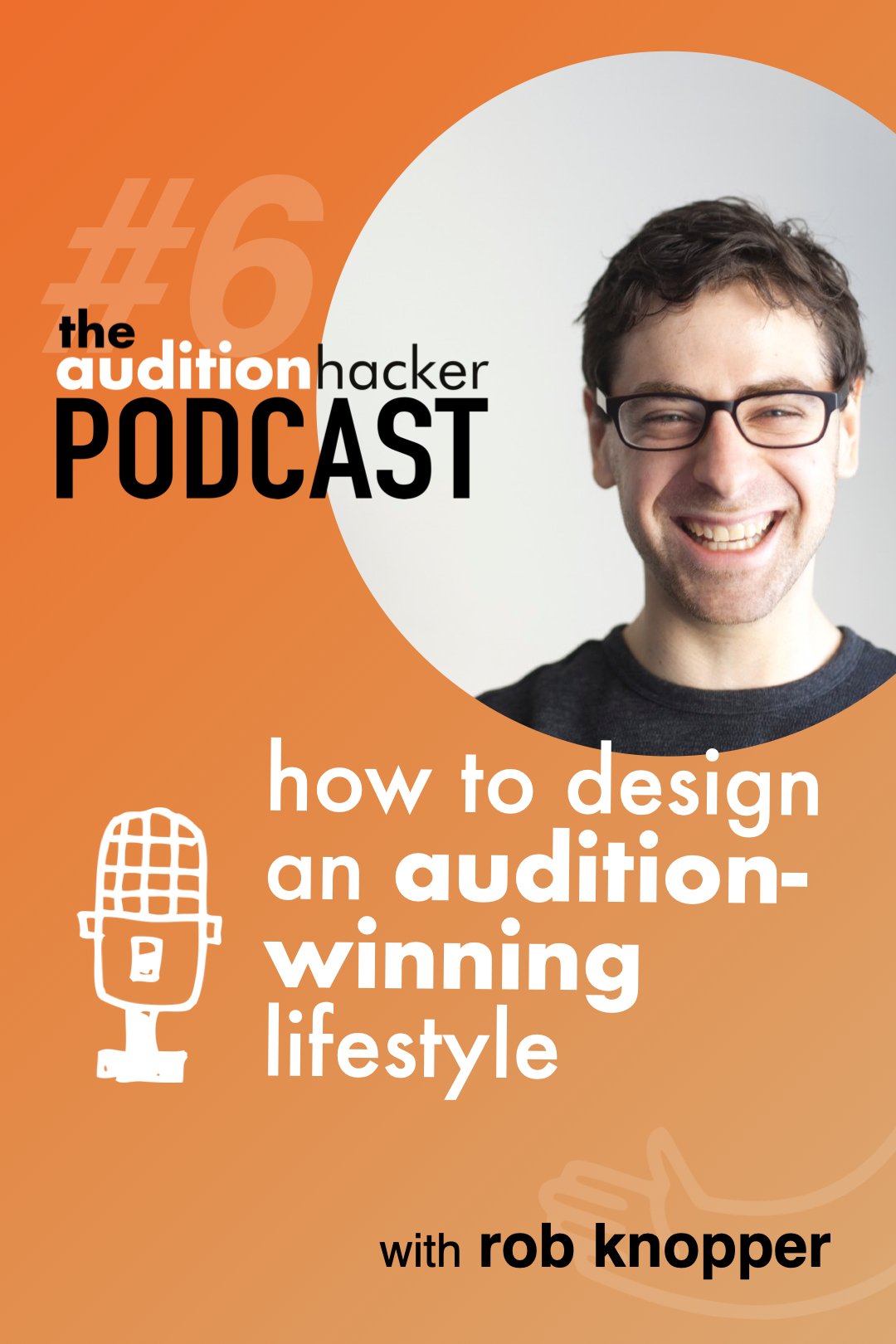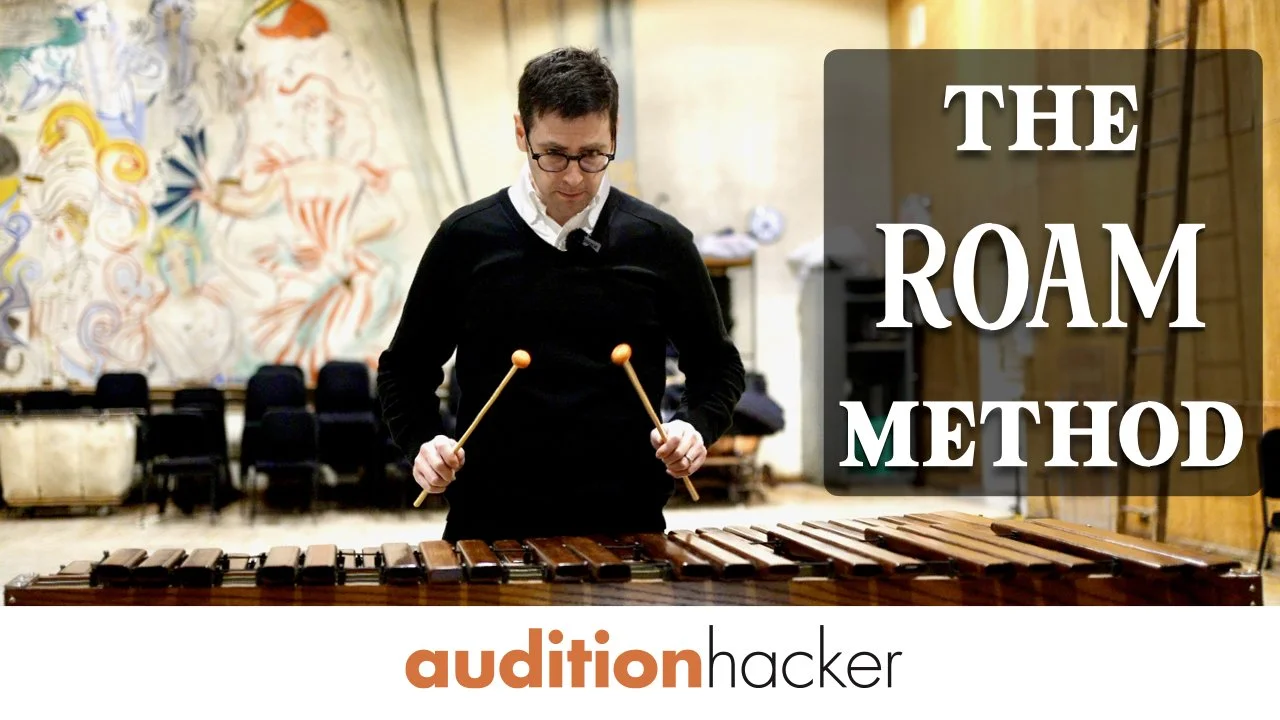where’s the command-save function in the practice room?
i mean, if you’re gonna spend a couple hours working on an excerpt and making it better, shouldn’t it STAY better?
at or near the top of my most-annoying-things-ever list is when i get to the practice room the day after working on something extensively and it’s right back where it started. some problem that i fixed yesterday is back! what the hell, man?
you have the same 24 hours as beyoncé.
when you’re practicing, you almost always have a deadline. and that means that you have a finite amount of time between now and the thing you’re practice for.
EVERYONE does. if the list of an audition comes out tomorrow, then everyone gets as many periods of 24 hours as the other applicants.
and what that means is that you have to find the absolute most effective way to use your practice time as you can. that also means that you have to have continuous improvement each day.
if you aren’t able to retain your work, then it’s going to feel like groundhog day, the movie. every day you start with the same problem and no matter what you do to fix it, THE PROBLEM IS STILL THERE.
what you need is a retention strategy.
your excerpts need to get better every practice session. they need to start better tomorrow than they started today. or else you’re not getting anywhere.
your excerpt isn’t going to magically just be better because you did a variety of work on it today. you have to do the right kind of work, in the right kind of way. there are a few specific methods that i use to RETAIN my good work when i’m practicing, and that’s what i’m gonna show you.
today I wanna talk about five easy practice strategies and techniques that can make it more likely that things will take hold more often and be there the next time you play. A lot of this stuff is pretty simple and common sense stuff, but for some reason people haven’t heard or fully implemented it yet.
the goal with each of these 5 methods is going to be retaining your good work so that you don’t have to fix the same problem(s) twice.
want a head start on audition preparation?
here's my 5-step guide to constructing your preparation process and optimizing it for maximum results.
thing #1: make ‘headlines’ out of your problems and write them down
there’s basically an endless number of things you could work on during any given practice session. you could be working on fixing a rhythm, get distracted and go down a tangent of fixing the tone of another note, and then end up messing with the phrasing of something else. and at the end of that stream-of-conciousness journey, where did you end up? which of those things did you fix?
what you need to do is establish the problem so that you’re forced to solve it. and the way to define each problem is by writing it down. you don’t have to write down every thought that goes through your head as you’re solving a problem, but it’s important to keep those thoughts organized around one single problem so that you’re likely to remember the fact that it’s a problem and you’re more likely to solve it.
action step: anytime you notice a problem, write it down. it’s a ‘headline’ that you can expand upon during your practicing. if you notice other problems, fine! write them down, too. but this simple action will force you to fixate on a single problem until it’s done. and if you veer off course, this list is going to remind you to come back to the problem.
be specific! problems are easier to fix if there’s a very specific and clear idea of exactly the problem you’re trying to solve. If you’re trying to solve the general problem of rhythm, then there are like 100 little things within that larger category that you could be trying to work on. your attention will be spread thin if you’re trying to tackle each single one of those problems. write down a single, specific issue, commit to solving it, and you’ll psychologically be more likely to remember the fact that you addressed this problem tomorrow.
thing #2: work on one problem at a time
once you’ve made your list of headlines (above), you’ll need to choose which problem to try and solve.
if you let yourself go stream-of-consciousness from one problem to the next, you’re unlikely to solve any of them as well as if you focus on a single one at a time.
if you force yourself to work on one problem until it’s solved, and i mean REALLY solved, then you’re more likely to find a better solution and retain that solution for next time. if you work generally and come up with a few things that might work, you’re not making a clear improvement. and you can’t count on an excerpt being better tomorrow unless you’ve found a clear and effective solution.
action step: force yourself to stick to one problem at a time. and don’t just come up with something that works a little bit... find a solution that is outrageously effective. Continue searching for an adjustment until you find one that’s totally awesome. some potential solutions will work better than others, but your goal is to not stop when you‘ve found a good solution... only stop when you know you’ve found a great and permanent solution.
thing #3: write down your solutions as you find them
at this point you’ve made your problems official. you also want to make your solutions official.
here’s the idea. when you’re working on something, there is a long thought process that gets you from problem to solution. you want to find a great solution that solves the problem, and sometimes it’s a long and winding road to get to that solution. fine, that’s just how it is.
but. just because you’ve found a solution to a problem once doesn’t mean it’s automatically a part of the way you play that excerpt. you can’t just assume that you’re going to remember it properly. the first step to retaining a solution is to document that solution.
"the best use of your brain is for having ideas, not holding them." this is a productivity technique that i learned from the inimitable david allen, who wrote getting things done. that concept applies to both problems and solutions. if you forget what the solution to a problem is, then you just wasted that incredible work that you did getting to that solution. and if you forget that something’s a problem, you may never have the chance to fix it and then that problem remains. If you find a great solution, that is a gem. WRITE IT DOWN AND REMEMBER IT FOREVER.
also, writing a solution down is going to make that solution official, which is going to help you in two ways. first of all, while practicing you have to commit to a solution that works really well rather than one that’s just a bandaid or a quick fix. forcing yourself to write down a solution is going to lead to better solutions. second, it’s going to make it easier for you to review that solution in order to retain it later. which brings us to our next thing…
thing #4: the first review - at the end of the practice session
once you’ve found a solution your goal is that eventually, when you’re playing your piece, you want to automatically remember the solution to a given problem so that it just ‘happens.’ you want your brain to revert to the ‘corrected’ version of whatever you’re doing.
so, you’ve made this list of problems and solutions as you practiced. those problems and solutions are the ‘headlines’ that represent all of your work. reviewing them is going to remind you of the entire process that you went through to solve that problem.
at the end of your practice session, instead of just leaving your instrument, there’s one thing you can do to ensure that all of your work will be retained tomorrow.
action step: go over every official problem and every official solution that you made for every excerpt.
here’s how i do it. (and by the way - i happen to write all of this stuff down on notecards.) i pick up a notecard, i read through all the problems and solutions, and suddenly all of those experiences of having experimented and found different solutions that work to fix my problems come flooding back to my mind and body, and then i play them one more time. it’s like a final runthrough of the work you did. at that point, the work i’ve done is still in my hands and i’m just cementing them even further into my memory.
thing #5: the second review - at the beginning of the next practice session
the first time you experience the problems and solutions, you’re actually in the practice session where you’re finding the problems and searching for the solutions. that’s the most labor intensive.
the second time you experience them is when you review them at the end of that practice session. it’s like a mini-reminder of everything you just did in order to file it away correctly in your brain.
the third time is when it really starts to become second nature. you remind yourself what the solutions to your problems were yesterday, and you immediately run through the piece in order to solidify them in your mind and body.
so. action step: the next day, during the run-through, I want you to look at your notes of every single problem and solution, read every single one, word-by-word, and play!
good job.
now that you’ve followed these steps, anytime you’re faced with the excerpts you’re going to be extremely likely to retain most or all of the solutions that you found. they’re just going to be a part of the excerpt. It’s going to be more likely to naturally happen every time you come to that piece from now on, having gone through the process of reminding yourself both physically and mentally of the problems and solutions. nice work!
what else?
have you experimented with methods to retain your work? i want to know them! let me know below in the comments.
learn to dominate your audition preparation.
here's my 5-step guide to constructing your preparation process and optimizing it for maximum results.















in 2019, a cellist named maria reached out to me about her audition struggles. on paper, she was the “worst audition candidate ever” (her words). she had 2 small children, a full-time teaching job, and hadn’t taken an audition in 4 years.